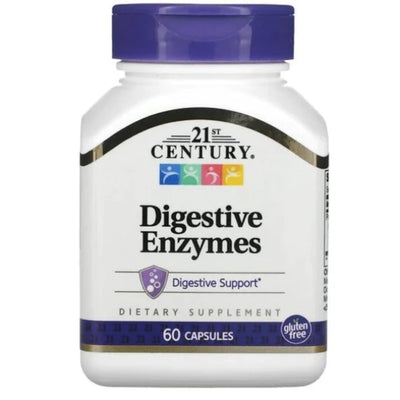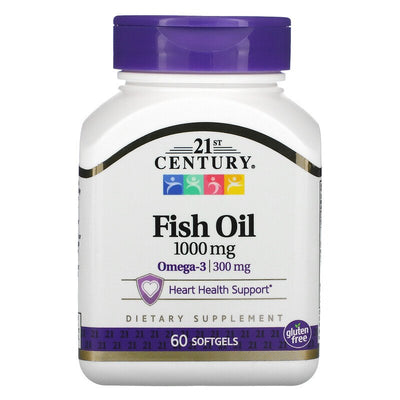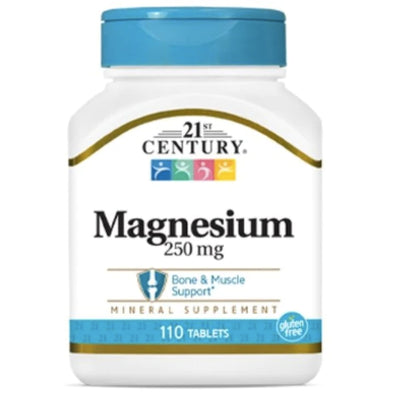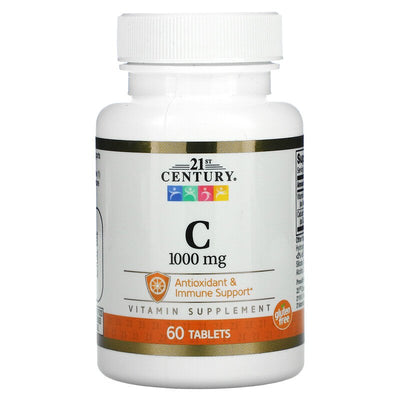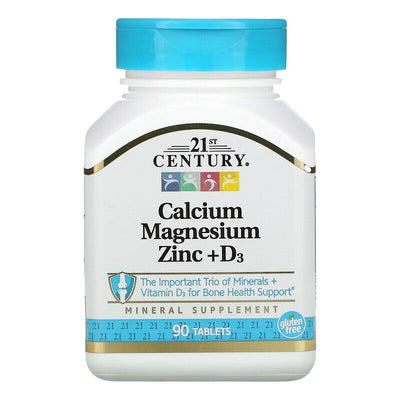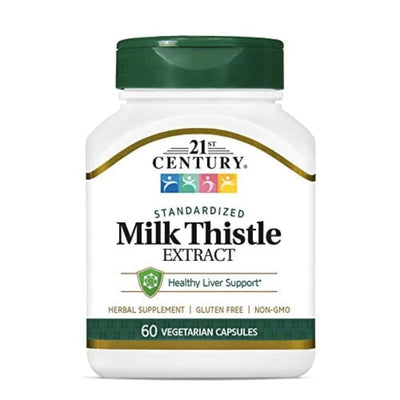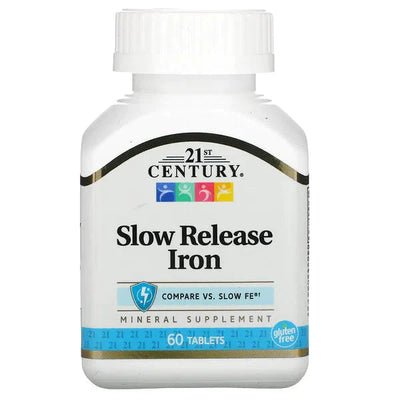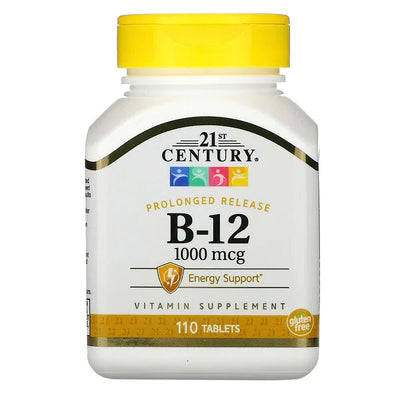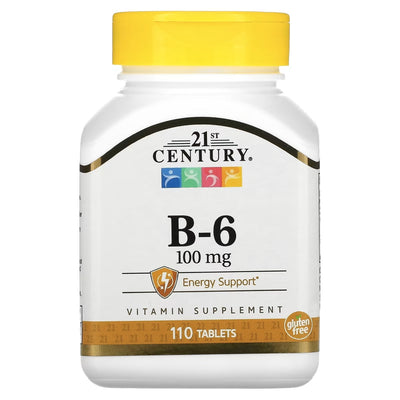
Creatine and Diuretics: Understanding Potential Interactions and Risks
What is Creatine?
Creatine is a popular supplement among athletes, known for its ability to enhance muscle energy production, improve high-intensity exercise performance, and support muscle growth. Creatine increases the stores of phosphocreatine in the muscles, which is used to produce more ATP (energy) during short bursts of intense physical activity.
What are Diuretics?
Diuretics, often known as water pills, are substances that promote urine production to help reduce water retention in the body. They are commonly used by athletes for weight class sports or bodybuilders looking to enhance muscle definition by reducing water under the skin.
Potential Interactions Between Creatine and Diuretics
Increased Dehydration Risk
Creatine pulls water into the muscles, which can be beneficial for muscle function and growth. However, when combined with diuretics, which expel water from the body, there is a significant risk of dehydration. This dehydration can negatively impact muscle function, reduce strength, and increase the risk of cramps and other muscle-related injuries.
Electrolyte Imbalance
Both creatine and diuretics can alter electrolyte levels in the body. Diuretics typically decrease potassium, sodium, and chloride levels, while creatine consumption can further complicate these balances. An imbalance in electrolytes can lead to issues such as muscle cramps, arrhythmias, and, in extreme cases, severe cardiac problems.
Kidney Stress
Creatine is processed by the kidneys, and excessive use can put additional strain on these organs. Combining creatine with diuretics, which also demand significant kidney processing, can increase the risk of renal stress or kidney damage, particularly in individuals with pre-existing kidney conditions.
Managing Creatine and Diuretic Use
Monitor Hydration Levels
It’s crucial to increase water intake when using creatine, especially if diuretics are also part of your regimen. Monitoring hydration levels can help mitigate the risk of dehydration.
Balance Electrolytes
Consider supplementing with electrolytes or consuming electrolyte-rich foods to counteract the imbalances caused by both diuretics and creatine. Regular blood tests can help monitor these levels and prevent complications.
Consult Health Professionals
Before starting any supplement regimen that includes both creatine and diuretics, consult with a healthcare provider, particularly if you have underlying health issues or are taking other medications.
Choose Quality Supplements
Selecting high-quality supplements from reputable sources like Supps247 can reduce the risk of adverse side effects. Supps247 offers a range of creatine and diuretic options that adhere to safety standards and efficacy.
Conclusion
While creatine and diuretics can each be beneficial for specific fitness goals, their combination requires careful management due to potential interactions and risks. Understanding these risks and taking steps to mitigate them can help ensure the safe and effective use of these supplements. Always prioritize safety and consult healthcare professionals to tailor a regimen that aligns with your health and fitness goals. Visit Supps247 to explore a wide range of supplements that can support your health journey responsibly.







